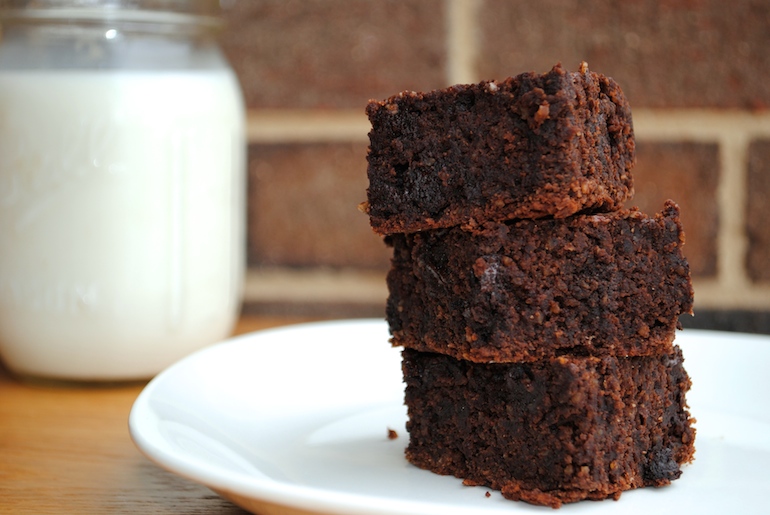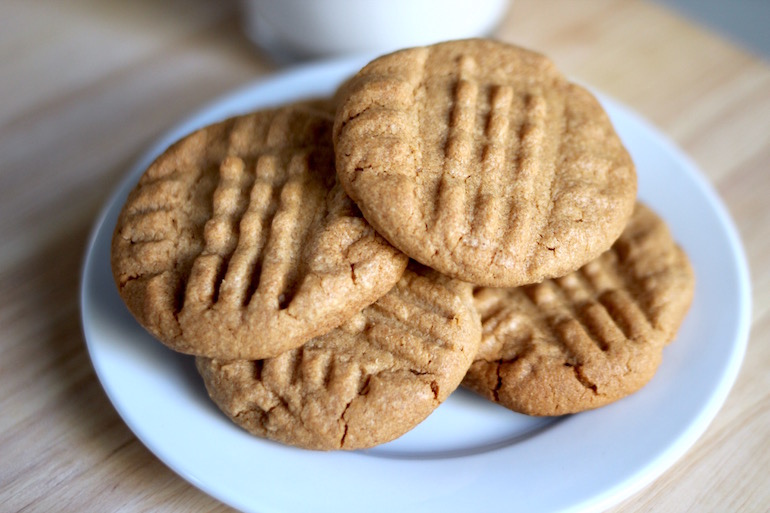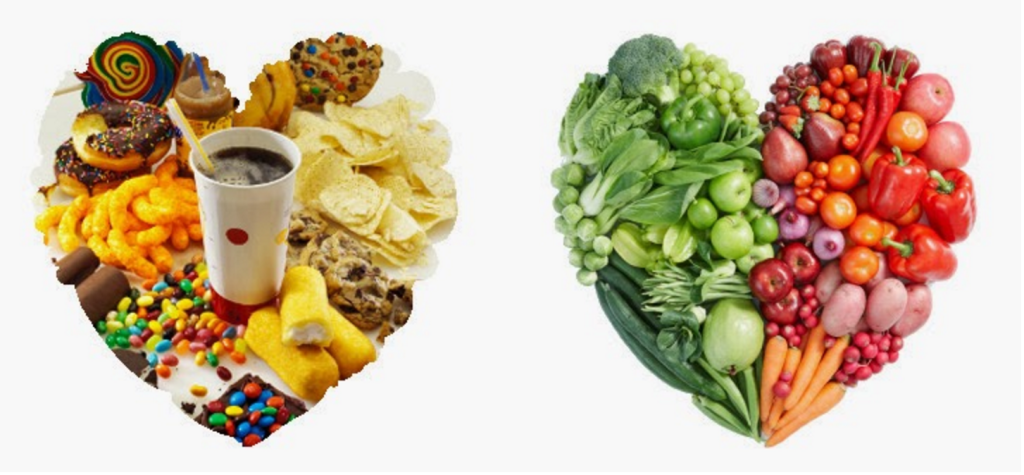Over the summer, I found a recipe for zucchini chocolate chip cookies. I thought it sounded really cool, making chocolate chip cookies with a vegetable in them. So, I made them, and immediately force fed my family to get feedback. My parents liked them, but not as much as regular cookies; then my brother tried them and said something that really stuck with me: “I mean, they’re good, but why make them with zucchini? What does that do?”
As little as my brother knows about cooking or baking, he has a valid point. Yet, the new “fad” is to make some of our favorite desserts “healthy” by adding zucchini, avocado, black beans, and so many other much crazier things. But why? Does it really do much to the healthiness of the dessert? I did some research and comparisons and came up with interesting results.
I used MyFitnessPal to calculate the nutrition facts of several different recipes and compared the results. I started by comparing a black bean brownie recipe to the famous Katharine Hepburn’s Brownies.

Graphic courtesy of myfitnesspal.com

Graphic courtesy of myfitnesspal.com
The results show that the recipe for the healthy brownies are, in fact, much healthier than Katharine Hepburn’s brownies. This is not surprising. Still, there are several factors to take into account. For instance, you could make the point that the black bean brownies have more than twice as much sodium, but I’m not going to be that person. They are clearly healthier. The key word in that sentence is healthier. There’s no saying these brownies are healthy.

Photo by Sydney Segal
Then I compared two peanut butter cookies, one labeled as “The Ultimate Healthy Soft & Chewy Peanut Butter Cookies” and the other one simply labeled as peanut butter cookies.

Graphic courtesy of myfitnesspal.com

Graphic courtesy of myfitnesspal.com
These are much closer in health value than the two brownie recipes. There is a mere difference of 13 calories in each cookie. Plus, the healthy cookies have more sugar than the regular cookies, which I found interesting. However, there is still half as much fat and 80% less saturated fat in the healthier cookies.

Photo by Audrey Mirabito
Nevertheless, the point I am really getting at here is: are they really worth it? If you are going to eat one of these brownies, you are in one of two situations: you are either trying to eat healthy or you are not concerned with health and just want a brownie. There are probably other situations, but you generally fit into one of those boats.
So, if you’re trying to eat healthy, yes, the black bean brownie is technically healthier than a normal brownie, but I see no reason for how it could be perceived as healthy in general. If you just want a brownie, is it really worth saving 63 calories and 6g of fat (remember, fat equals flavor) on a healthier brownie when you’re already going to be taking in at least 10g of fat and 225 calories?

Photo courtesy of foodguruz.in
That’s not up for me to decide. I’m just presenting an argument with a set of facts supporting it. I’m definitely not here to judge anyone on any decisions they make, because believe me, I’m always that person who goes for the unhealthy brownie. But maybe remember this the next time you are immediately enticed by the headline “Guilt-Free Chocolate Chip Cookies.” They’re probably not as guilt-free as you may think.
My final note and disclaimer: I am an avid baker and I do understand that sometimes using ingredients like zucchini or carrots (everyone of course loves carrot cake) adds to the texture and taste of the dessert. That is not what I am referring to in this article, though. I am specifically talking about using these sorts of ingredients as substitutions just to make something healthier, not to make it more moist or flavorful. The recipes I used for reference in these articles that I called healthy were referred to in that way from the website I found them on. These recipes and the others I am generalizing about are not using vegetables for flavor; they are using them for health.




